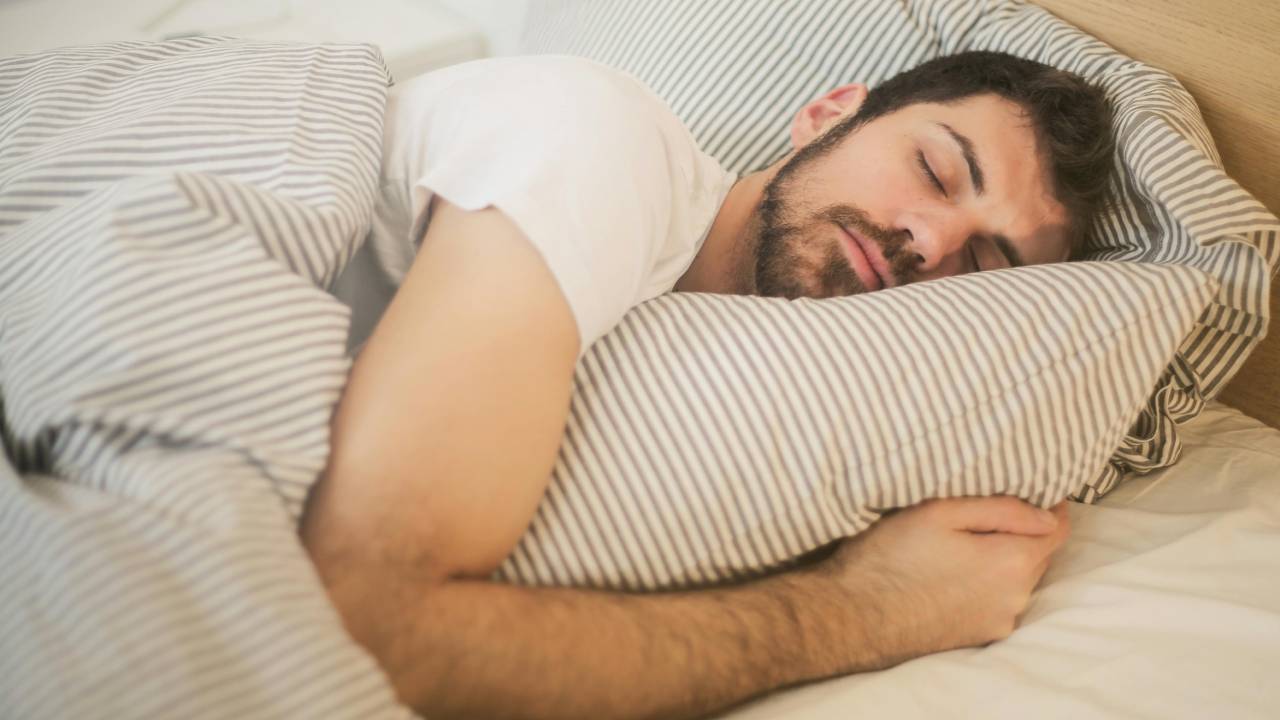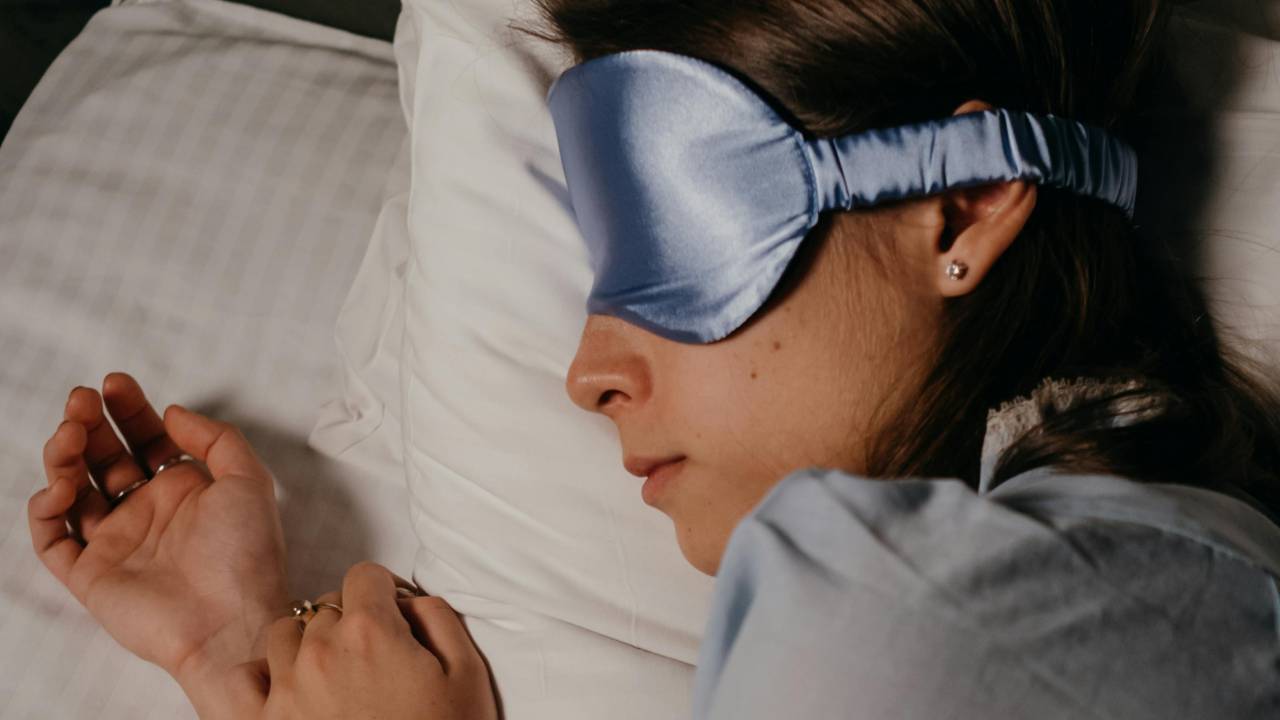UK clock change: this common mistake can seriously disrupt your sleep
Don’t make this mistake when the clocks go back this weekend…


The clocks go back in the UK on Sunday 27th October 2024, meaning we’re leaving British Summer Time (BST) and going back to Greenwich Mean Time (GMT). This clock change means that we gain an hour of sleep, and while you might be excited for that extra hour with your best mattress, it can actually have more of an effect on your sleep and energy levels than you might think.
When the UK clocks change, you might feel more sluggish, tired and less focused for several days after the clocks go back. This is because your regular sleep routine has been disrupted, and your circadian rhythm will take a little while to catch up and remedy these changes.
With this in mind, there’s one big mistake everyone makes when the clocks go back – and it’s the one that you really want to avoid.
The mistake everyone makes when the clocks go back
The biggest mistake you can make when the clocks go back is indulging in a lie-in. I know you’re probably rolling your eyes at this, as who wouldn’t want to take advantage of that extra hour of sleep?! Well, if you do, you could be damaging your sleep quality, quantity and schedule for the next few days and even weeks.
I’ve been a sleep expert for a couple years now, and I often fall back into the trap of sleeping an hour longer when the clocks go back. But when I do, I really notice the difference that it makes to my energy levels. This is mainly due to something called ‘daylight savings jet lag’.

Much like jet lag that you’d experience after a long flight, daylight savings jet lag misaligns your sleep-wake cycle and causes you to lose sleep overtime. To put this into context, if you wake up at 9am when you normally wake up at 8am, you’re unlikely to feel tired at your normal bedtime. This will result in you pushing your sleep back by an hour, but you’ll still have to wake up at an early hour the next day, meaning you get less sleep and could feel more tired and less productive.
With the clocks going back, we get darker nights and – what feels like – shorter days. So, by having a lie-in, you’re also cutting down the amount of light you’re getting into your day. For those who experience Seasonal Affective Disorder, this can trigger their symptoms, and the lack of light can also have an effect on your hormone production and body clock.
Get all the latest news, reviews, deals and buying guides on gorgeous tech, home and active products from the T3 experts
Instead, avoid the lie-in when the clocks go back and stick to your normal sleep routine. By going to bed and waking up at the same time as you normally would, you can prevent daylight savings jet lag and avoid disrupting your sleep routine.
For more advice on this, check out these 6 expert-approved sleep tips for tackling the UK clock change this weekend.

Beth is Home Editor for T3, looking after style, living and wellness. From the comfiest mattresses to strange things you can cook in an air fryer, Beth covers sleep, smart home, coffee machines, watches, grooming tools, fragrances, gardening and more.
In her spare time, Beth enjoys running, reading, baking and attempting craft projects that will probably end in disaster!